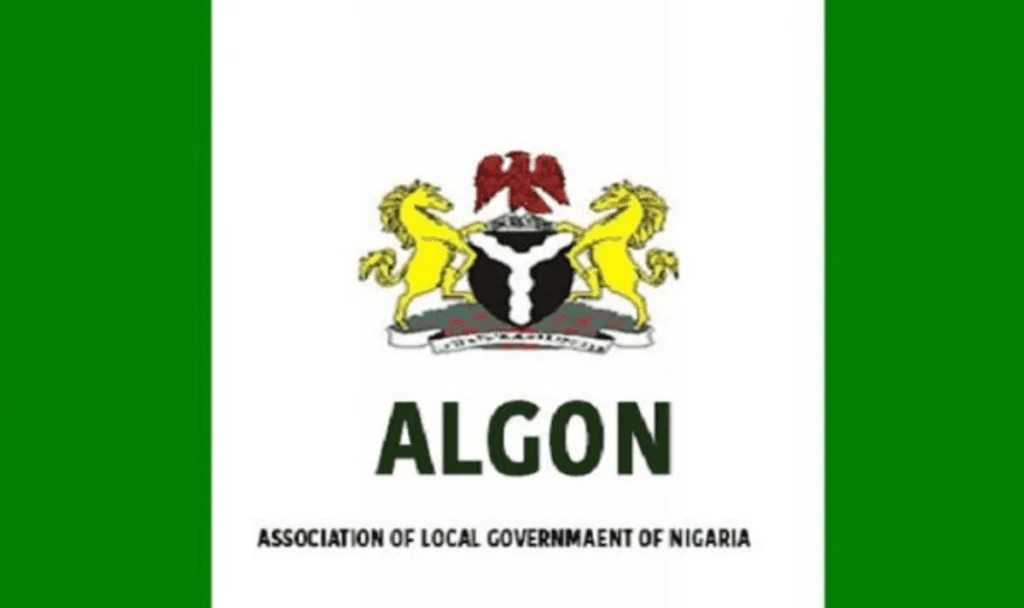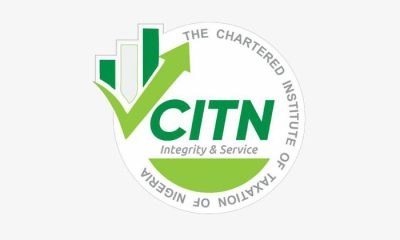NIGERIA NEWS
Supreme Court Ruling: ALGON and Stakeholders Outline Agenda for Local Governments

Stakeholders React to Supreme Court’s Fiscal Autonomy Ruling for Local Governments, Highlighting Implementation Challenges and Opportunities
Reactions have continued to trail the Supreme Court verdict granting fiscal autonomy to the 774 local government areas, with various stakeholders proposing measures to ensure effective implementation of the ruling.
Concerns persist that local government chairmen may struggle to manage this newfound freedom, while others worry that governors might still exert control through indirect means.
However, Muazu Maifata, president of the Association of Local Governments of Nigeria (ALGON), told NIGERIA NEWS 247 in an interview that the judgment would usher in significant development in rural areas. Maifata, pleased with the Supreme Court ruling, called for an increase in the monthly allocation to the 774 local government councils.
He emphasized that the judgment has secured the future of local governments and has been accepted by Nigerians and some state governors. Maifata urged local government administrations to reciprocate the Supreme Court’s judgment and the president’s support by ensuring accountability.
“We are happy with the judgment. Nigeria and Nigerians accept the decision. Some governors, like those of Lagos, Nasarawa, and Delta, are not interfering with local government funds. This judgment will secure the future of local governments, create a robust economy, strengthen security, and address other challenges. We commend the President for his vision to empower the people. This judgment will help us achieve that vision. We must be accountable and transparent in our dealings. This judgment is an opportunity for us to serve the people better,” he stated.
Human rights advocate Auwal Gombe from Gombe State expects improved infrastructural development following the granting of fiscal autonomy to local governments. “As a grassroots person, I expect improved infrastructure development, enhanced basic services, agricultural development, youth empowerment, transparency and accountability, community engagement, local economic growth, improved security, environmental management, and grassroots development projects,” he said.
Psychologist Mcfrederick Edache emphasized that local governments should identify and execute community needs without political interference. “Let the 774 local government areas in the country identify community needs and execute them. Needs such as water, electrification, road, primary healthcare, schools, agricultural equipment, and youth empowerment,” he said.
Oyiwona Augustine, an FCT resident, expressed hopes for improved living standards at the grassroots level. “In a country where things work, this should be the channel through which rural people enjoy the true dividends of democracy, which they have been denied for decades. However, based on the Nigerian system, I foresee misuse of power, looting, and extravagant spending,” he added.
Ali Adams from Suleja, Niger State, decried the infrastructural decay in rural areas and sees fiscal autonomy as a solution for significant development. “Most rural areas are underdeveloped because of financial constraints. But now, local governments can repair minor roads, drill boreholes, maintain primary schools, pay vigilantes and hunters to protect local areas, and provide electricity,” he said.
Lagos resident Agih Isaac Sylvester expects to see more development in rural areas and the full implementation of local government powers and functions as outlined in the Constitution and other statutory laws. “Let citizens at the grassroots feel the presence of the government and vice versa,” he said.
Joseph Adah from Mararaba, Nasarawa State, expects a better economic life and inclusion in government policies and programs. “Since allocations from the federal government will now be made straight to local governments for immediate use, unlike when they had to pass through the state, we expect a turnaround in development,” he told NIGERIA NEWS 247.
Peter Uloko from Kaduna State sees the Supreme Court ruling as an opportunity for better governance at the grassroots level but cautions that it could become a nightmare if councils are not held accountable. “Holding them accountable won’t be so easy, but I believe rural areas will experience development,” he said.
FOLLOW US

















![Top Nigeria Newspaper Headlines Today 25th June 2024 [Tuesday] 87 Nigeria Newspaper Headlines](https://nigerianews247.com/wp-content/uploads/2024/04/Nigeria-Newspaper-Headlines-80x80.png)

![[VIDEO] Tinubu Stumbles while Boarding Presidential Parade Vehicle at Eagles Square 90 Tinubu Stumbles while Boarding Presidential Parade Vehicle at Eagles Square](https://nigerianews247.com/wp-content/uploads/2024/06/Tinubu-Stumbles-while-Boarding-Presidential-Parade-Vehicle-at-Eagles-Square-80x80.jpeg)


You must be logged in to post a comment Login